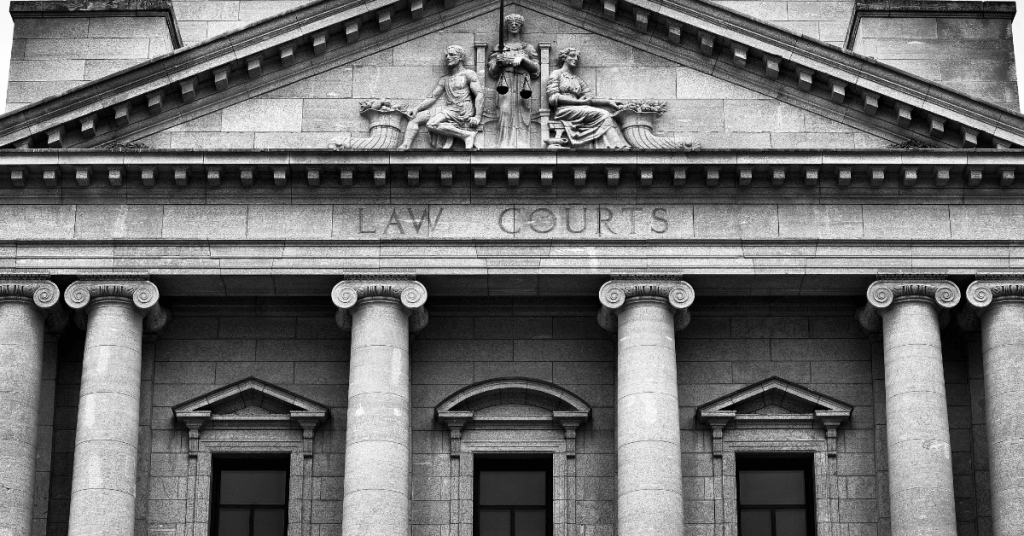In a recent family law case in the Federal Circuit and Family Court, a major issue arose. A lawyer submitted AI-generated evidence! It included a list of case authorities that turned out to be completely fabricated by an AI tool.
The presiding judge, Justice James Turnbull, became suspicious when he couldn’t locate several of the cited cases in legal databases. This prompted him an investigation into the matter.
Investigation and Revelation: AI-generated evidence
The truth was quickly uncovered. Apparently, the lawyer used ChatGPT, a large language model AI, to generate the case authorities.
Finally, the lawyer admitted that she hadn’t independently verified the cases but believed they were real. This revelation raised serious concerns about the reliability of AI-generated evidence. Additionally, it highlighted the potential risks of using such tools in legal practice without proper oversight.
Immediate Consequences
– The judge immediately struck out the submissions containing the AI-generated evidence.
– Then, the lawyer provided a written explanation for her actions within 24 hours.
– Also, the judge delayed the case proceedings.
Ethical and Legal Concerns of AI-generated evidence
This incident has sent shockwaves through the legal community, especially in New South Wales. Lawyers and legal scholars are now debating the ethical implications of using AI in legal practice. The incident highlights several key concerns:
1. Ethical Responsibility: Lawyers have a duty to verify the accuracy of all evidence they present. Relying on AI without proper checks violates this duty.
2. Competency: This case has sparked questions about the competency of legal professionals who use AI tools without fully understanding their limitations.
3. Court Efficiency: The submission of false case authorities wasted valuable court time and resources, delaying justice for the litigants.
The incident has sparked broader discussions about the role of AI in legal practice. AI-generated evidence can be a helpful tool, but this case highlights its limitations, particularly in jurisdiction-specific legal matters.
Response from Legal Bodies
In response to the incident, several key legal organizations are taking action:
1. NSW Bar Association: Announced an emergency meeting to discuss guidelines for the ethical use of AI in legal practice.
2. Law Society of NSW: Considering mandatory AI ethics training for lawyers, ensuring they understand how to properly use and verify AI tools.
3. Federal Court: Reviewing its procedures to implement AI detection tools to prevent similar issues in the future.

Public and Media Reaction to AI-generated evidence
The incident has captured widespread media attention. Public opinion is split—some see this as a wake-up call for the legal profession to adapt to new technologies, while others warn of the dangers of over-reliance on AI. The case has underscored the need for careful integration of AI into the legal field, especially when AI-generated evidence is involved.
This case is likely to have lasting effects on the legal profession in NSW and beyond. The potential outcomes include:
– New Regulations: Governing the use of AI in legal practice.
– Education Reform: Law schools may need to introduce AI ethics and proper usage into their curricula.
– Court Innovations: More rigorous verification processes for submitted documents to prevent the use of unverified AI-generated evidence.
As the legal community grapples with these issues, this case will likely serve as a landmark in discussions about AI’s role in the justice system.
What is the future holding?
The use of AI-generated evidence in legal proceedings raises complex questions about ethics, competency, and the future of legal practice.
While AI has the potential to streamline processes, incidents like this remind us of the importance of human oversight and the need for clear guidelines. As AI continues to evolve, so too must the legal frameworks that govern its use.



